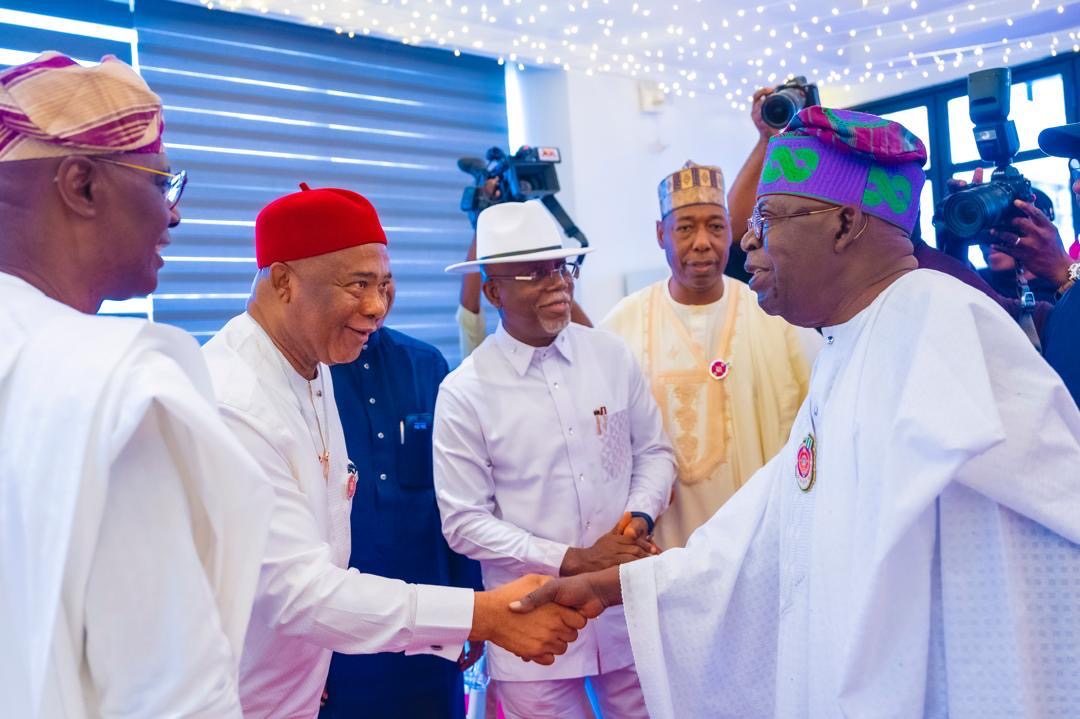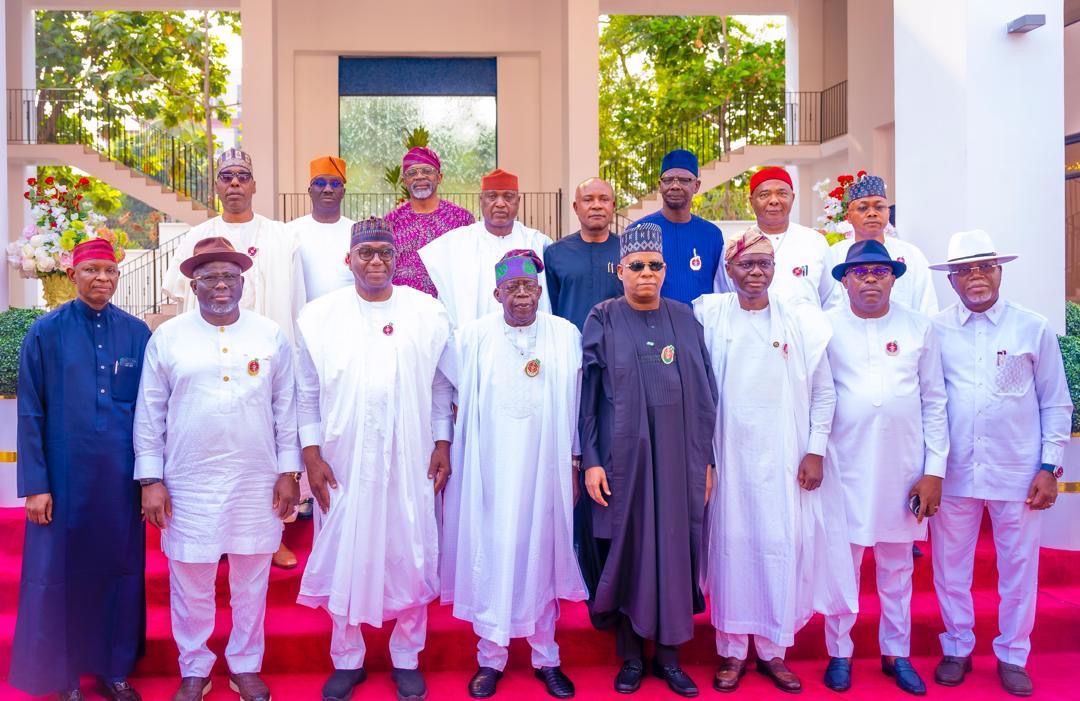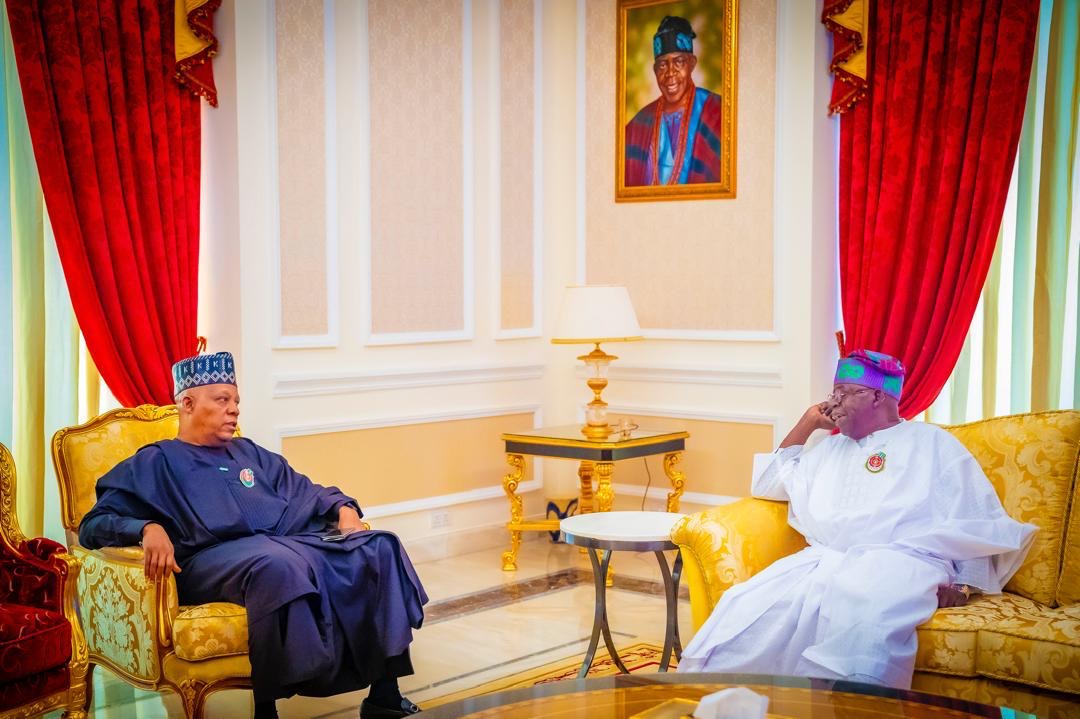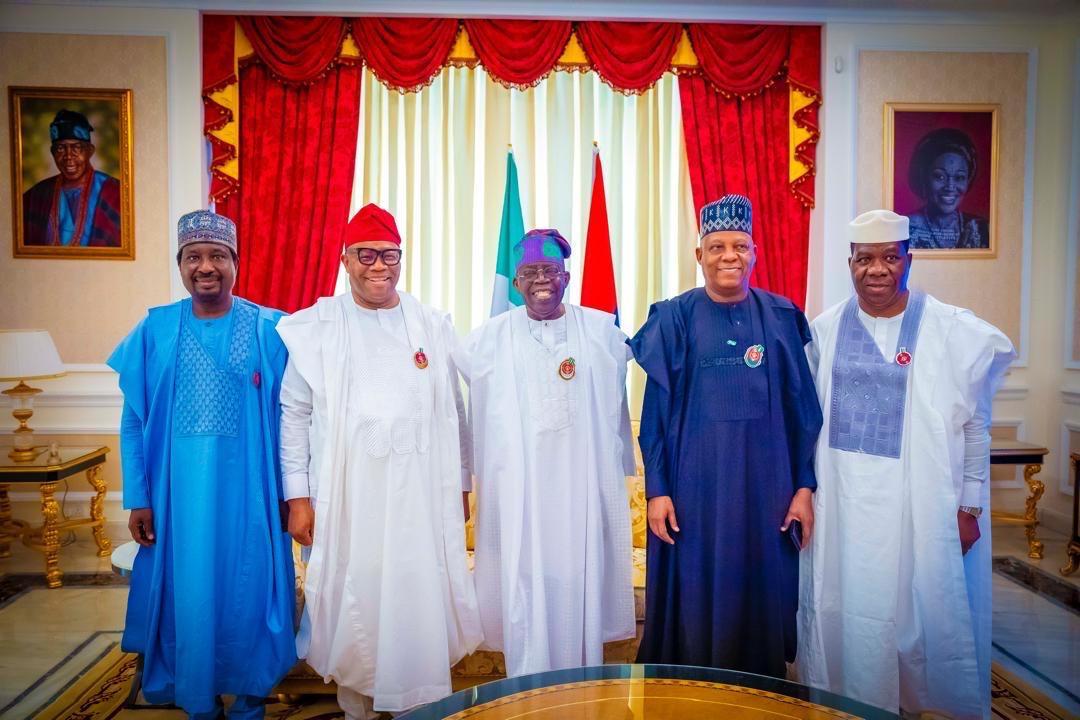- SMEs, farmers exempted from payment
The Federal Government has kicked-off the implementation of the 2024 Withholding Tax Regulations.
The new regulations, approved in July last year and put into the gazette in October, took effect yesterday.
The revised regulations, titled: “Deduction of Tax at Source (Withholding) Regulations, 2024,” is intended to modernise the tax system, streamline compliance and address longstanding inefficiencies.
Announcing the commencement of the reforms on New Year’s day, Taiwo Oyedele, Chairman of the Presidential Committee on Fiscal Policy and Tax Reforms, outlined key features of the updated regime.
He said Small and Medium Enterprises (SMEs) are now exempted from withholding tax compliance adding that the change is expected to ease administrative and financial challenges for these businesses, fostering growth and innovation in the sector.
Also, businesses with low profit margins will benefit from reduced withholding tax rates, which will enhance their cash flow and reduce operational costs.
In addition, manufacturers and producers, particularly farmers, are now exempted from withholding tax. This move is designed to strengthen critical sectors, ensuring their sustainability and growth.
The tax provisions are intended to curb tax evasion, minimise avoidance opportunities, and promote transparency in tax remittances.
The reforms streamline the process of obtaining credit for taxes deducted at source, making it easier for businesses to leverage such deductions. The regulations reflect emerging economic issues and align with international standards, ensuring Nigeria’s tax system remains contemporary and globally competitive and by providing clear guidelines on the timing of deductions and definitions of key terms, the new policy has eliminated ambiguities that previously made compliance difficult.
Oyedele, who spoke on the reform last year, noted that “the previous withholding tax regime “had evolved into a complicated system over time, creating numerous challenges for businesses”.
The Withholding Tax (WHT) Regulations, 2024, is poised to significantly ease the tax burden on small businesses while introducing stricter compliance requirements to curb tax evasion.
As part of the reform, small businesses will no longer be required to deduct withholding tax on payments made to their suppliers.
However, to address potential tax evasion, tax deductions are mandated in the following situations: If the supplier lacks a Tax Identification Number (TIN); If the total payments to a supplier exceed N2 million in one month, except for transactions specifically exempted under the new regulations.
In cases where a supplier does not have a TIN, an alternative identifier must be provided: the National Identification Number (NIN) for individuals or the RC number for companies.
Payments made under these circumstances are subject to the normal withholding tax rate, though this does not apply to investment income such as dividends, interest, or rent.
A small business is defined as any company or enterprise with an annual turnover not exceeding N25 million.
However, Oyedele explained that there is a draft proposal to raise this threshold to N50 million, pending legislative approval.
Under the new regulations, withholding tax is not applicable to payments to small companies with an annual turnover of N25 million or less, transactions involving manufacturing, agriculture, and other production activities, irrespective of turnover, sales in cash or instant electronic payments and other specific transactions listed as “exempt” in the WHT Regulations.
Businesses, including SMEs, are only required to file returns for months in which taxes were deducted at source in the preceding month. The returns must contain details as prescribed in the schedule of the regulations.
The regulations introduce penalties to ensure compliance. Failure to deduct tax where required will attract administrative penalties.
Also, non-remittance of deducted taxes by the due dates—21st of the following month for remittances to the Federal Inland Revenue Service (FIRS) or 30th for state Internal Revenue Services—will result in penalties and interest on the amount not remitted.
Oyedele said the new rules prohibit treating tax deductions at source as an additional cost for recipients, reinforcing equitable tax practices.
Key issues include ambiguities regarding compliance requirements, eligible transactions, applicable rates, and remittance timing, and excessive compliance burdens and strained working capital for low-margin businesses.
Also, the treatment of withholding tax as a separate levy, contributing to multiple taxation, the difficulty in obtaining refunds for excess withholding tax, leading to financial strain and the absence of an exemption threshold made compliance uneconomical for taxpayers and enforcement costly for authorities.
Another challenge experienced with the old withholding tax regime was the failure to address emerging economic realities, resulting in inequity and inefficiency in the tax system.
Oyedele said “the new regulations tackle these issues head-on, streamlining processes and reducing compliance burdens while promoting fairness and equity”.
What is Withholding Tax?
Tax withholding, also known as tax retention, pay-as-you-earn tax or tax deduction at source, is income tax paid to the government by the payer of the income rather than by the recipient of the income.
The tax is thus withheld or deducted from the income due to the recipient.
The term “withholding tax” refers to the money that an employer deducts from an employee’s gross wages and pays directly to the government. The amount withheld is a credit against the income taxes the employee must pay during the year.
[TheNation]























